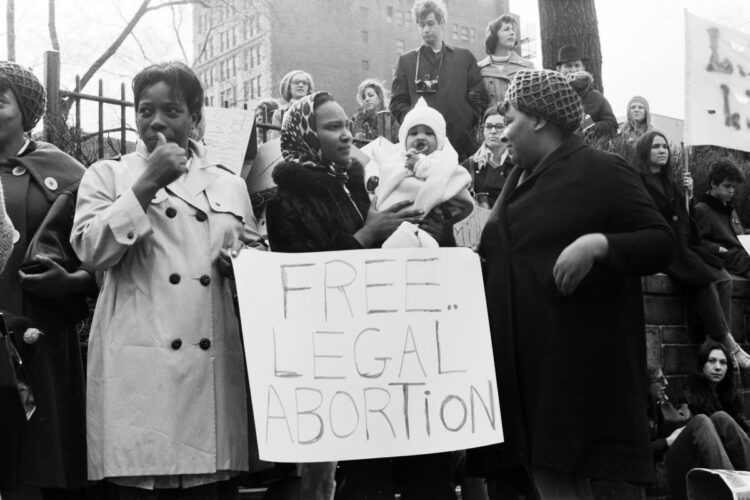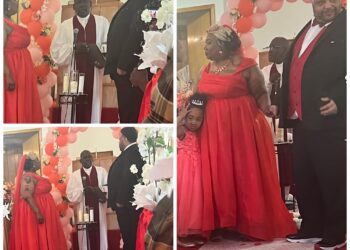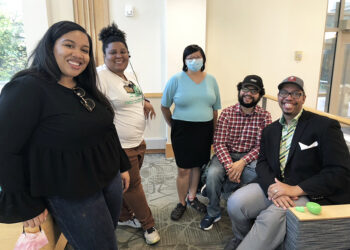More than 30 Black-led organizations on June 15 have collaborated to establish a comprehensive handbook for policymakers to use a reproductive justice framework to formulate legislation that emphasizes and improves outcomes for Black women, girls, and people of color.
Since 2021, organizations such as In Our Own Voice: National Black Women’s Reproductive Justice Agenda, Interfaith Voices for Reproductive Justice, and SisterLove Inc. have been working on the Black Reproductive Justice Policy Agenda, The Hill exclusively reported.
The handbook addresses critical health challenges affecting Black women and girls disproportionately, such as the maternal health crisis, a lack of diverse medical personnel, and high incidence of comorbidities – the presence of two or more medical disorders in one patient at the same time.
“As we assess the threats to the livelihood, safety, and joy of Black women and girls, there is one thing we’re clear on: our path forward hinges on an unwavering commitment to Reproductive Justice,” organizers for the framework said in a letter this week.
“Now more than ever, we need to employ a collective framework grounded in human rights and Black Feminist theory.”
Reproductive justice is a human rights framework that includes the right to have children, the right not to have children, and the right to raise children in a safe and healthy environment. It is a critical feminist theory developed in reaction to reproductive politics in the United States.
According to The Hill, a dozen Black women in Chicago came up with the concept, and according to the president and CEO of In Our Own Voice, Regina Davis Moss, reproductive justice is “the right to have or not to have a child, the right to raise their child in a safe and nurturing environment and the right to bodily autonomy.”









